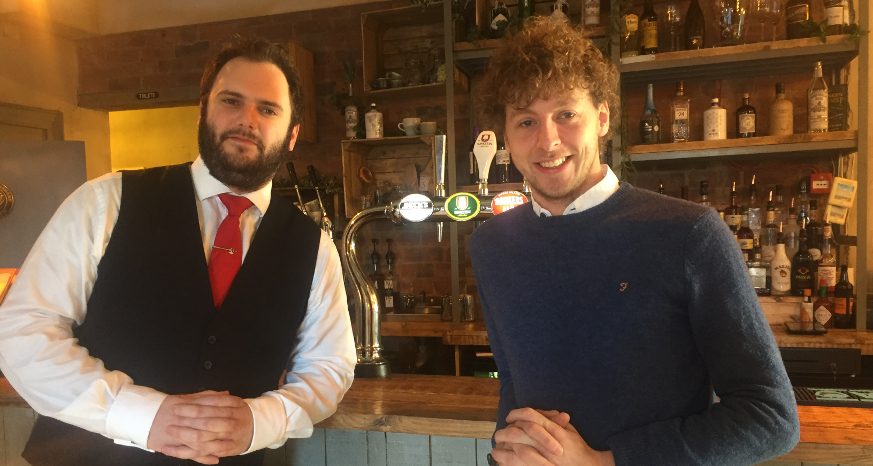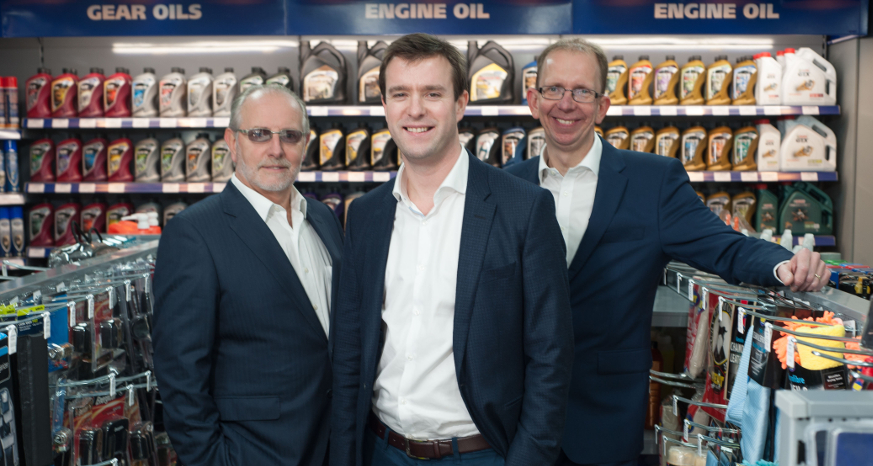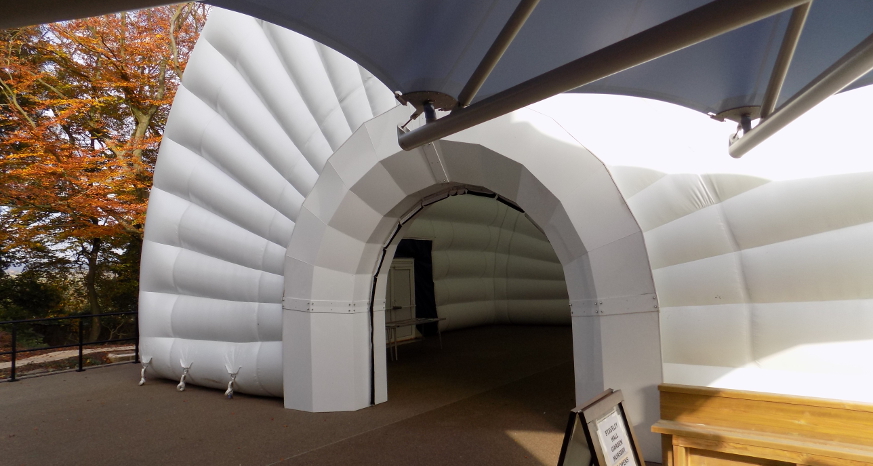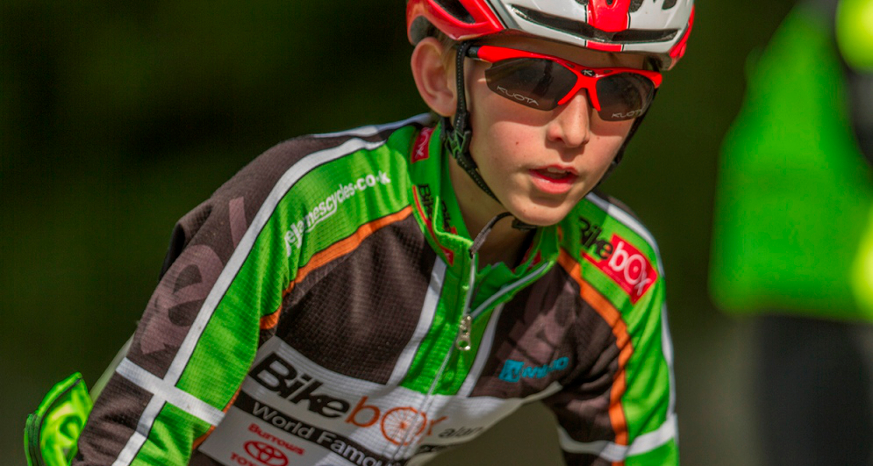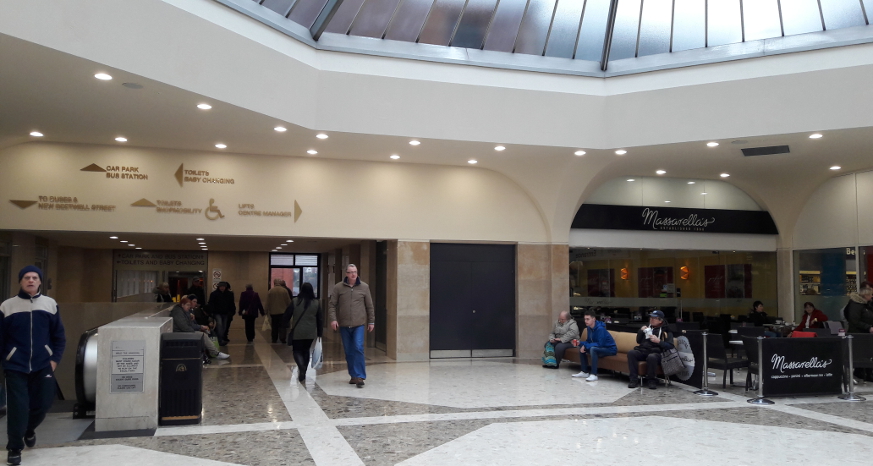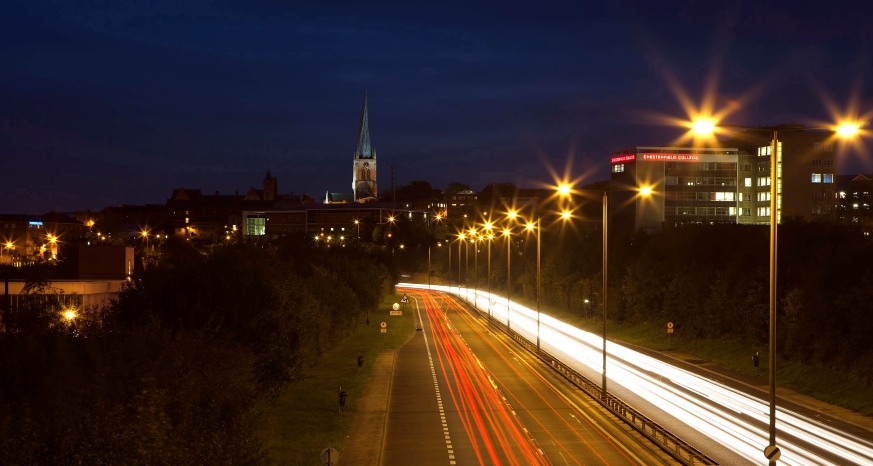Micro businesses, companies producing food products and cycle networks in the rural areas covered by the D2N2 Local Enterprise Partnership will receive a £3million investment boost.
Rural businesses wanting support to improve demand for their agricultural and horticultural products, or to create more jobs, or companies or organisations intent on improving countryside cycle networks for tourism or recreational use, can apply for funding from today (Thursday January 26).
Money for the three programmes is being made available via the European Agricultural Fund for Rural Development (EAFRD) portion of D2N2’s current EU funding. The D2N2 LEP is the private-sector led partnership of businesses, local authorities, skills and training providers, and community and voluntary services which promotes economic growth across Derby, Derbyshire, Nottingham and Nottinghamshire.
The details of the three new programmes which project organisers can bid for funding from – via the Department for Environment, Food & Rural Affairs (DEFRA) website – are:
Food Processing: £501,253 is being made available to support the growth of food and drink processing businesses.
Priority will be given to projects which:
- Create new, higher skilled jobs.
- Develop strong supply chains within the D2N2 area.
- Support businesses’ growth via export and accessing new international markets, or increase the volume of products exported.
- Bring in new techniques or processes which increase production and productivity.
Project bidders must apply for at least £50,000 in grant aid. The maximum grant is £501,253.
The programme will be open for applications for 18 months, while funding is available.
Business Development: £1.6million is being made available to invest in rural micro and small business ventures, including farming businesses diversification into non-farming activities (for example, land used for tourism or leisure-based attractions).
Priority will be given to projects which:
- Develop high growth businesses linked to D2N2’s eight key commercial sectors: transport equipment manufacturing, life sciences, food and drink manufacturing, construction, transport and logistics, the visitor economy, creative and digital industries, and low carbon goods and services.
- Create new jobs within the business applying for funding.
- Develop new higher skilled jobs within the applicant business.
- Demonstrate business innovation, boosting productivity by introducing or developing new technologies or processes within the business applying.
Project bidders must apply for at least £35,000 in grant aid. The maximum grant is £170,000.
The programme will be open for applications for 18 months, while funding is available.
Rural Tourism Infrastructure: £928,247 will be used to develop rural tourism infrastructure, particularly recreational cycling, in D2N2’s rural areas.
Project bidders can apply for capital funding to build schemes which connect rural attractions, encouraging more recreational cycling and greater numbers of visitors to come to those areas.
Priority will be given to projects which:
- Enable new or existing attractions to improve their offer to visitors, encouraging longer stays and increased tourism spending in the rural D2N2 LEP area.
- Extend the tourism season beyond the usual May to October period.
- Improve access links to and between visitor attractions, including through development of multi-user paths.
- Support cycling’s development, building on recent successes such as the 2015 and 2016 ‘Tour of Britain’ cycling events.
- Create new skilled jobs in applicant businesses.
- Develop visitor accommodation where there is a demand for additional accommodation, as detailed in the D2N2 LEP area’s Destination Management Plan or LEP Tourism Strategy.
Project bidders must apply for at least £50,000 in grant aid. The maximum grant is £170,000.
The programme will be open for applications for 12 months, while funding is available.
The D2N2 LEP will be holding a free ‘Rural Means Business Conference’, to give potential applicants more information on available funding through the three EAFRD programmes. It will be held from 10am to 3pm on Wednesday February 15 at the Bramley Building, Nottingham Trent University’s Brackenhurst Campus, Southwell (NG25 0QF). It will include information on grants available to help rural enterprises through both EAFRD and the LEADER European funding programme.
Peter Richardson, Chair of the D2N2 Local Enterprise Partnership, said:-
“It’s estimated around a third of jobs in the D2N2 LEP’s area are based in rural areas, but employers there tend to have less access to the benefits of infrastructure and business development opportunities seen in urban areas.
“Targeted funding via the D2N2 LEP, such as the European Agricultural Fund for Rural Development grants being made available from today, help level the playing field; growing jobs and businesses which people living in rural areas rely on.”




